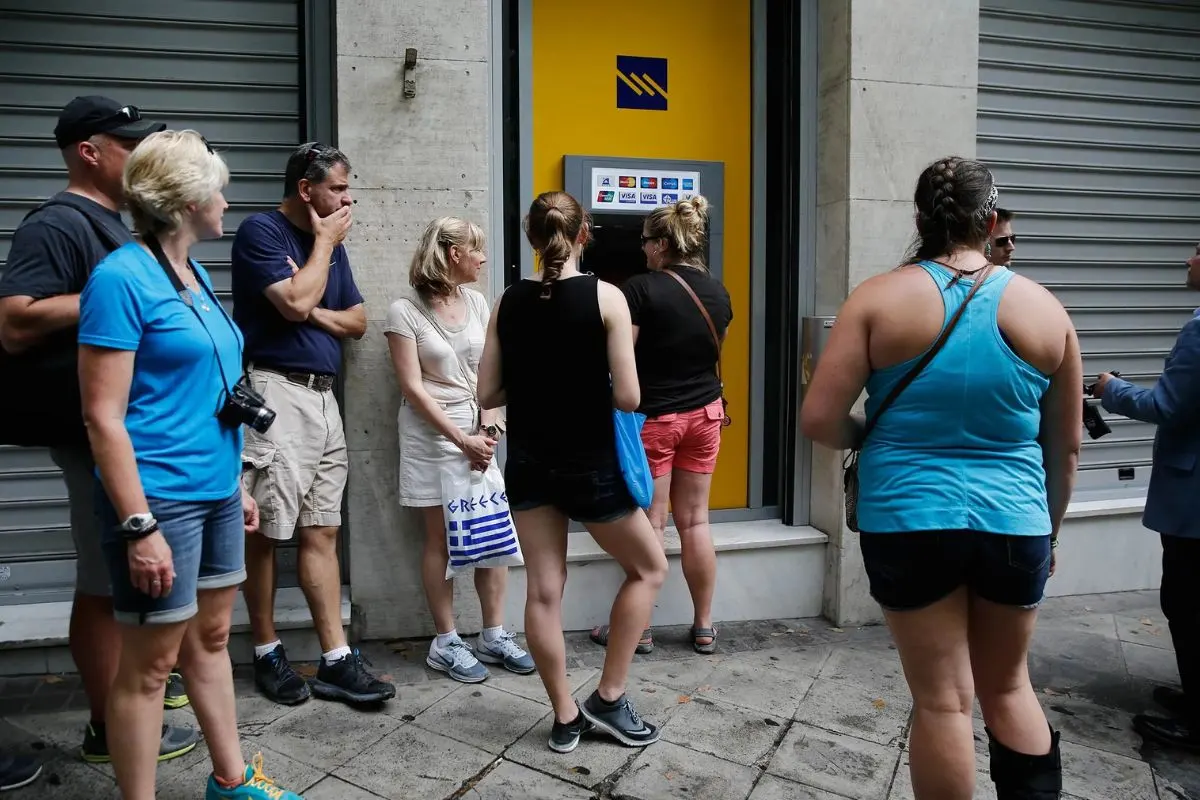Starting from January 1, 2024, a new taxation policy will come into effect for Airbnb-style rentals in Greece. Specifically, any income generated from three or more Airbnb properties will be subject to value-added-tax (VAT) and the relevant fees applied to hotels and rooms for rent.
This development comes as a response to long-standing demands from the Greek Tourism Confederation (SETE) to introduce VAT on short-term rental operations in Greece. SETE, which represents a majority of tourism enterprises in the country, has advocated for these changes to create a more level playing field in the tourism industry, ensuring fairness and tax compliance.
In addition to the taxation measures, Greek Prime Minister Mitsotakis has unveiled a series of steps to address the current inflation crisis in the nation. Among these initiatives, the tax-free threshold for families with children will increase by 1,000 euros. Furthermore, a “Youth Pass” program will be introduced, benefiting 200,000 individuals aged 18 and 19 who will receive 150 euros for tourism, transportation, and cultural activities.
In terms of economic measures, Mitsotakis has also announced an upcoming increase in the minimum wage scheduled for April. Additionally, pensions will see an annual raise starting from January, and public sector employees can anticipate a 10.5 percent salary increase beginning on January 1, 2024.
To ensure price stability and affordability for essential goods, the government is planning to implement further measures. However, these announcements have drawn mixed reactions from Airbnb business owners. Some believe that these changes may undermine the competitiveness of the tourism sector while sending a negative signal to international tourism markets.











